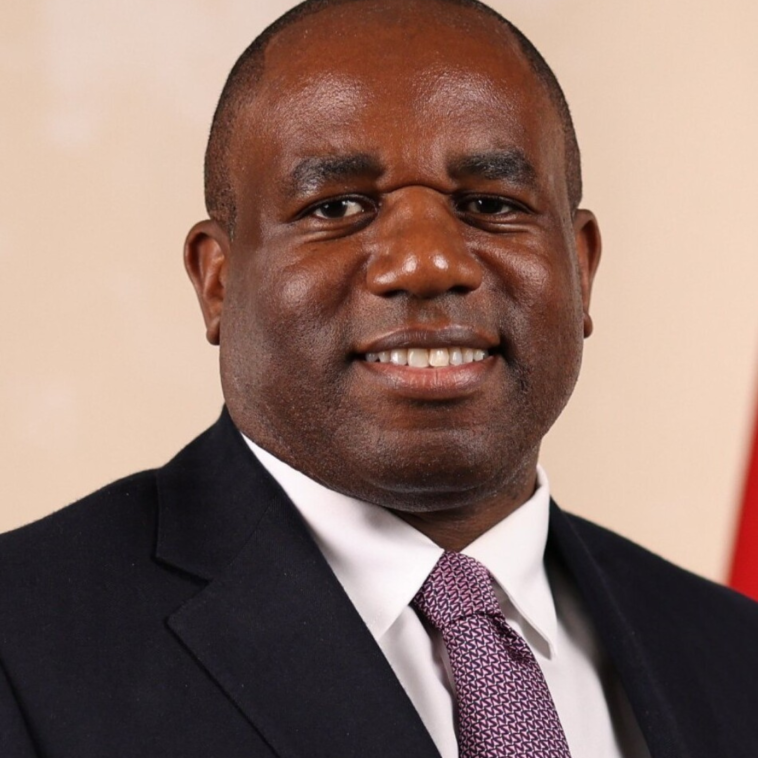Labour’s proposed foreign policy and security pact with the European Union has received a favourable response from prominent European leaders. David McAllister, the head of the European Parliament’s foreign affairs committee, has expressed optimism about the proposal, urging the British government to present concrete plans in the coming weeks and months.
Promising Prospects for EU-UK Cooperation
David McAllister, a seasoned German MEP and ally of European Commission President Ursula von der Leyen, highlighted the potential areas for cooperation, including economic, climate, health, cyber, and energy security. These areas align closely with the ideas proposed by UK Foreign Secretary David Lammy, who recently met with his counterparts in Berlin, Stockholm, and Bydgoszcz in northern Poland.
“We have always wanted closer post-Brexit security cooperation. At the moment, the EU has more structured ties with the US, Canada, and Norway than with the UK. If David Lammy and [Defense Secretary] John Healey are calling for a security pact with the EU, I think this will be welcomed in Brussels,” McAllister told The Guardian.
A New Approach at the European Political Community Summit
The European Political Community (EPC) summit, proposed by France’s Emmanuel Macron, is set to gather leaders from about 45 European countries at Blenheim Palace. Although the EPC is not specifically intended to discuss EU-UK relations, it offers Labour leader Keir Starmer a platform to showcase a new approach to the EU.
“Hopefully this election result will allow us to build on the trust and progress already made with Prime Minister Sunak’s government,” McAllister added. He emphasised the importance of “calm, predictable, and constructive diplomacy” for strengthening the bilateral partnership between the UK and the EU.
Positive Reception from EU Officials
A senior EU official echoed McAllister’s sentiments, noting “good vibes” from early interactions with the new British government. The official expressed an open-minded stance towards proposals on foreign and security cooperation, emphasising the EU’s long-standing interest in such an agreement.
The EU had previously sought a foreign and security agreement with the UK, but the idea was abandoned during Boris Johnson’s tenure in favour of a “Global Britain” policy. With the Windsor Framework Agreement under Rishi Sunak already improving relations, the stage is set for more comprehensive agreements.
Enhancing Youth Mobility and Defence Cooperation
McAllister also advocated for the UK to “quickly rejoin” the Erasmus student exchange scheme and to reduce barriers to youth mobility. Additionally, he suggested the UK could participate in the European Defence Industry Programme (EDIP), which aims to increase European weapons and ammunition stocks.
“Of course, it’s about buying European, but it’s not exclusively buying European. It’s about buying the best for our armed forces. And this is where I think the UK defence industry brings real added value for us,” McAllister explained.
EU-UK Strategic Consultations
Both the EU and the UK are interested in establishing regular EU-UK summits and strategic consultations at the political level. However, a permanent invitation to the EU’s monthly meetings of foreign affairs ministers is unlikely, according to EU officials.
McAllister underscored the unique relationship between the UK and the EU, stating, “The UK will never be just a third country for us… but an important trading partner, a rock-solid NATO ally, and a neighbour.” He emphasised the need for concrete proposals from the UK to enhance cooperation.
As the European Political Community summit approaches, the positive reception of Labour’s proposed pact signals a promising future for EU-UK relations, marked by increased collaboration and mutual benefits.




GIPHY App Key not set. Please check settings